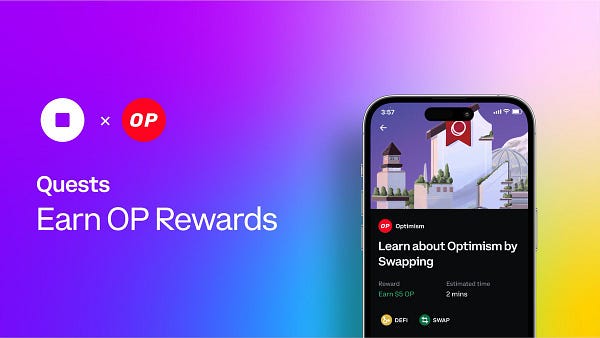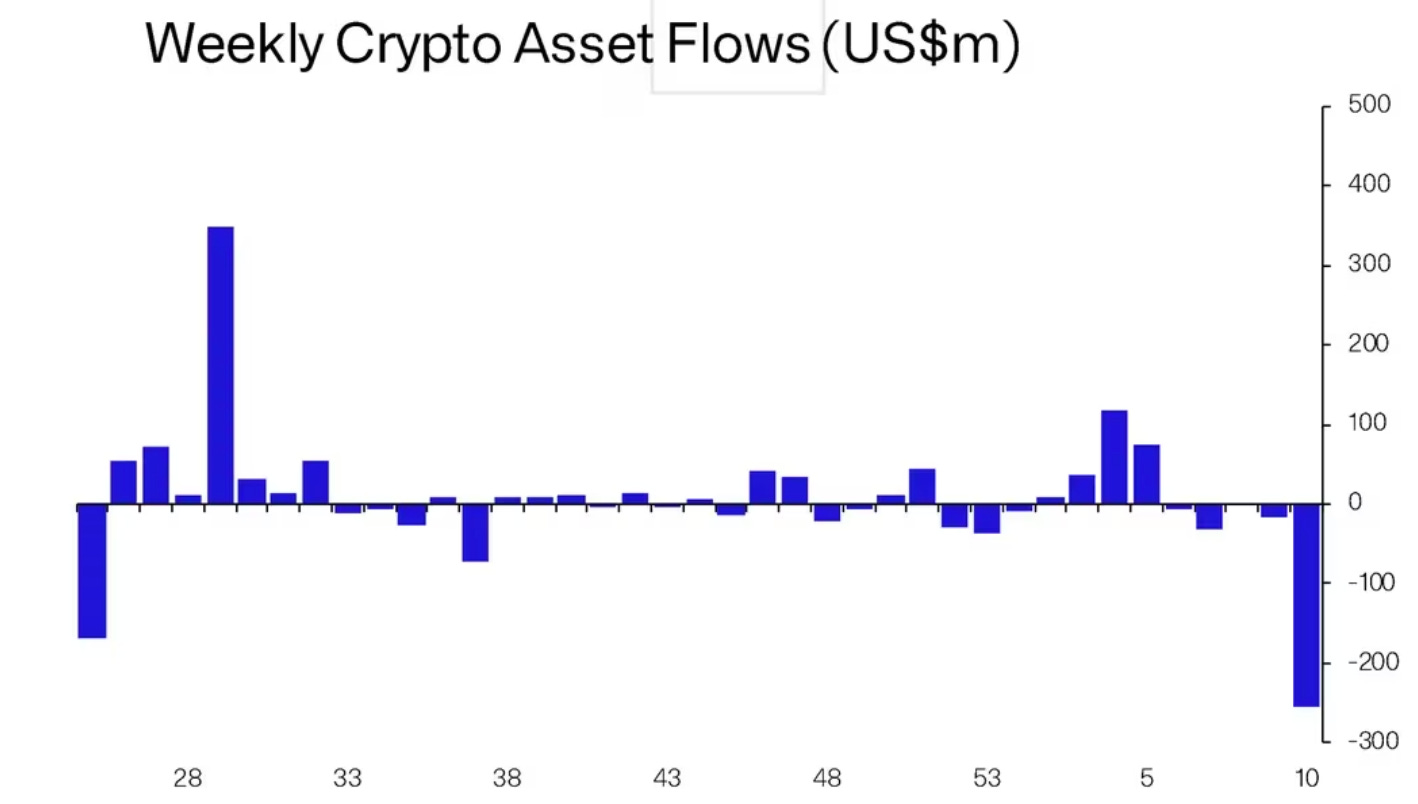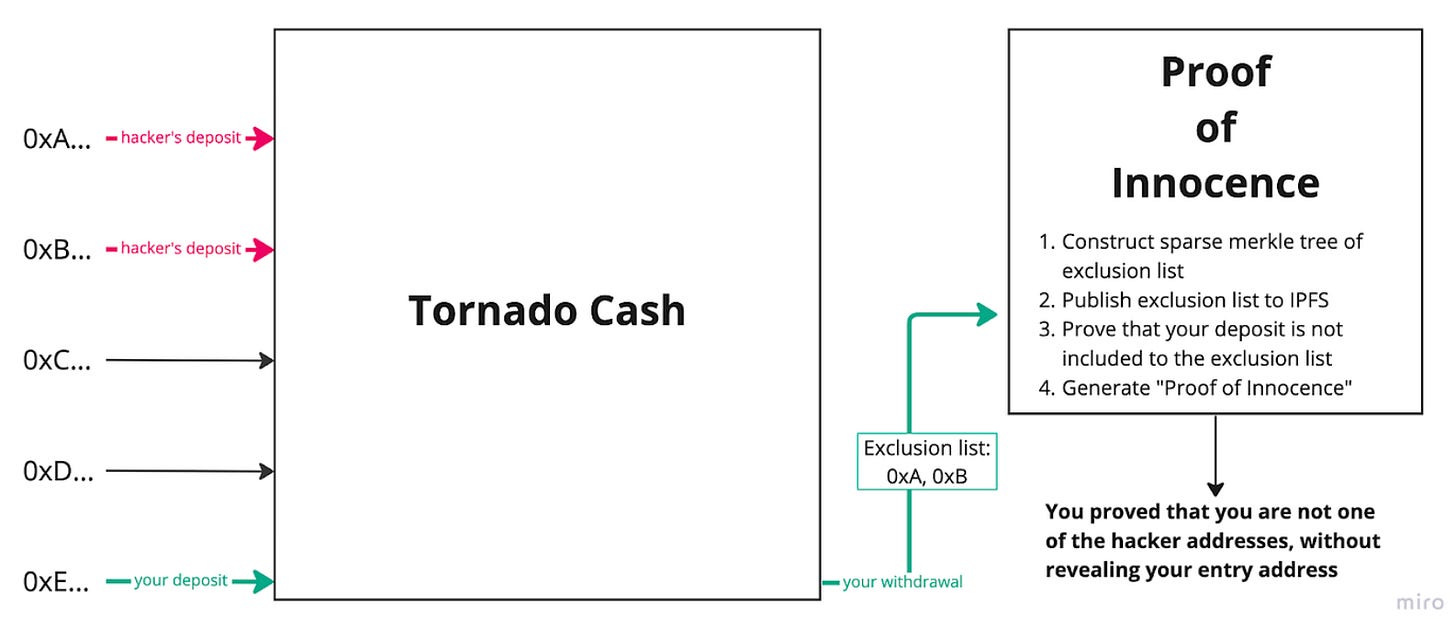Web3: Coinbase Wallet-as-a-Service; Tornado Cash is back on Optimism; Starbucks Odyssey NFTs sell out in minutes
Plus lots of happy-no-problem news, we promise
Gm Fintech Futurists —
Welcome to our Web3 newsletter, covering DeFi, digital assets, NFTs, and the emergence of the financial metaverse. Today we highlight the following:
DEFI & DIGITAL ASSETS: Coinbase Starts ‘Wallet as a Service’ Companies Can Build Into Their Own Apps
CRYPTOECONOMICS & PROTOCOLS: Tornado Cash Fork, Privacy Pools, Deployed on Optimism Testnet
DAOs, NFTs & METAVERSE: Starbucks Odyssey Releases ‘The Siren Collection,’ Its First Limited-Edition NFT Drop
CURATED NEWS
Based on your feedback, we know that many of you are interested in reviews of companies or projects highlighted by our community. Leave a comment below with a company of your interest and we’ll do a deeper take on it later!
Web3 Short Takes
⭐ Coinbase Starts ‘Wallet as a Service’ Companies Can Build Into Their Own Apps - CoinDesk & Coinbase Nudges Users On-Chain with New Quests Program - The Defiant
Coinbase introduced a new feature called "Wallet as a Service" (WaaS) to simplify the usage of Web3 wallets, i.e., remembering seed phrases. WaaS is a packaged wallet infrastructure APIs that facilitates the development and deployment of on-chain wallets. Floor, Moonray, thirdweb and tokenproof are currently using the offering.


The idea is to offer access to Web3 without explicit management of a 24-word recovery phrase, leveraging Multi-Party Computation (MPC), the technology also behind institutional custodians like Fireblocks or onchain vaults like Gnosis Safe. The keys used in MPC are generated in such a way that multiple parties have access to only their share of the key. Abstracting wallet management is an area that is seeing a lot of start-up attention currently.
Coinbase also announced "Quests on Wallet," encouraging its wallet users to swap, delegate, and stake tokens on L2 chain Optimism. It will reward users with $5 worth of Optimism's governance token, OP. The offering is an extension of its partnership with Optimism — reminder that last month, Coinbase announced L2 rollup Base, which uses Optimism's OP Stack.
As we highlighted in our analysis of Coinbase's One River Digital Asset Management acquisition, the exchange is pursuing all the business levers — deals, partnerships, and product launches to grow market share across multiple markets while the retail brokerage one remains anemic.
In addition to WaaS and Base, Coinbase offers a fiat on-ramp through Pay SDK, trading APIs, Wallet SDK, and other resources. We appreciate the company shipping features despite the headwinds — SEC's full-steam-ahead approach to regulating exchanges, collapse of SVB, Grayscale, Silvergate, and Signature, and record digital asset outflows. Just because something doesn’t work now, doesn’t mean it’s not worth the experiment.
⭐ Tornado Cash Fork, Privacy Pools, Deployed on Optimism Testnet - CoinDesk


Privacy Pools, an open-source research project and successor of privacy-focused protocol Tornado Cash, was deployed on L2 network Optimism. Similar to Tornado Cash, Privacy Pools allows users to make anonymous transactions, but it uses zero-knowledge proofs to prove that the funds involved in these transactions are not associated with any criminal activity.
In August 2022, Tornado Cash came under the OFAC sanction due to its role in facilitating North Korea's money-laundering operations. This led to the arrest of the project’s web developer, Alexey Pertsev.
Tornado Cash works by obscuring the sender and receiver's transactional link. When users deposit funds, they are sent to a smart contract that generates a private token representing the deposited amount. This token is then transferred to a Tornado Cash mixer contract, where it is mingled with other tokens in the pool, making it difficult to track the sender's identity. The mixer contract leverages zk-SNARKs to verify the validity of the deposited token without revealing any information about the sender or the amount being transacted. The mixer returns a new private token representing the mingled funds, which can be withdrawn later. To withdraw funds, the user sends the private token to the Tornado Cash mixer contract, which validates the token's legitimacy and transfers the deposited funds back to the user's Ethereum address.
Now, Privacy Pools enable users to exclude themselves from anonymity sets containing illicit or laundered funds, without compromising user privacy by leveraging zero-knowledge (zk) proofs. Withdrawals are linked to a subset in one of two ways: (1) Proof of inclusion to a subset of good deposits, and (2) Proof of exclusion from a subset of bad deposits, which is enabled by using sparse Merkle trees that match the depth of the deposit tree.




